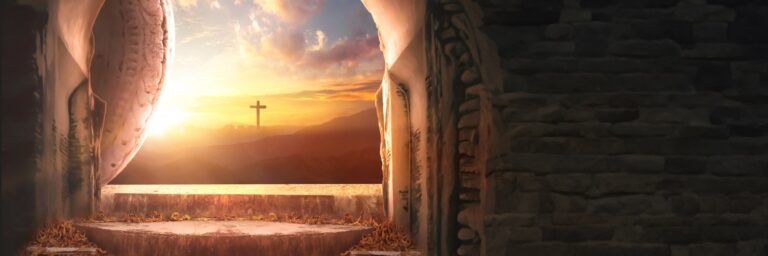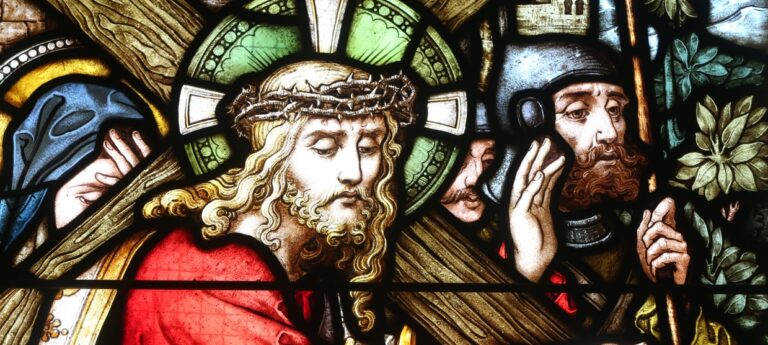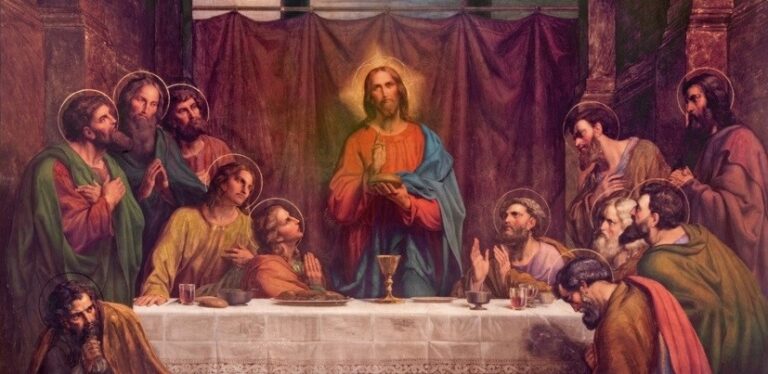
4th SUNDAY OF LENT – REFLECTION

If Christ came to take away the sin of the world, then why on Earth is our planet still so bruised and broken by evil? Only one of two responses seems possible. Either Christ did not actually succeed in taking anything away at all, or he did in fact take something away, but not what we typically understand as sin. Not ready to call Christ a liar, I’m forced to accept the second part of this disjunction. This obligates me to revise my definition of sin.
What if sin is not in truth the hostile collection of external evils that make life miserable? What if sin is a mentality, a perspective, a peculiar way of interpreting mysterious reality? If that were the case, then sin could be taken away from us without the removal or destruction of all the slings and arrows of outrageous fortune. This might be the kind of sin that Jesus is getting at in John 9: 1-41, the Gospel of the 4th Sunday of Lent.
Human minds by nature think through categories of cause and effect. Our craniums are simply wired that way. Confronted with any and every phenomenon, we immediately, inevitably assign a prior cause to its existence. Consequently, we cannot see suffering except as the result of some pre-existing action. Given our linguistic tendency to equate action with agent, we make the further leap to conclude that someone, somewhere is responsible, i.e. blameworthy. Quite unconsciously we go from suffering (fact) to sin (action) to sinner (agent). In today’s Gospel, Jesus questions this instinctual logic.
When his disciples ask him what sinner lies behind the sin that caused the beggar’s blindness, Jesus tells them they’ve got it all wrong. Clearly the man is suffering, but that alone does not warrant the conclusion of sins committed. Indeed, the knee-jerk reaction of assigning external responsibility to somebody, anybody often serves as a sort of evasion of the Christian imperative to get involved. Very likely, those proverbial individuals who passed by the assaulted traveller on the road from Jerusalem to Jericho reasoned that he, for reasons unknown to them, had it coming. Only the Samaritan stopped to help and by so doing “took away sin”, that is, refused to heed the instinct to lay reassuring blame and thus wash his hands of mercy.
Throughout John’s long Gospel passage, traditional interpretations of sin keep surfacing only to get torpedoed by Jesus and the man whose eyes he opened. The Pharisees, jealous of their tight customs and even more so of the liberating power of Jesus, jump to the sin-conclusion by attributing wrong to his right. He can’t be of God, they claim, deducing this from his apparent disregard for the Sabbath. This time it’s the recovered blind man who defies their reactionary reasoning. How can a sinner do good? Either Jesus did not do good or the Pharisees have the wrong notion of evil. No one can deny the goodness of sight; therefore to judge the healing as sin is to expose the fallacy at large in that concept.
Unfortunately, the Pharisees are more concerned about saving their hypothesis than arriving at the truth. Clinging to their narrow, causal construal of sin, they proceed to dismiss the data of the healed man just as they wrote off Jesus. “Sin,” that unreflective interpretation of reality, continues to be their defining, confining category that explains whatever disturbs their mental status quo. Insisting so much on sin, they end up chaining themselves to this concept and thus reject the liberation promised by Jesus. His promise does not consist in the elimination of suffering. Everyone, he says, must take up her cross. Evil remains afoot. But sin as the basis of judgement and the weapon of condemnation is taken away from the person who believes. This is freedom from mental slavery, to use Bob Marley’s term. This is redemption from the debtors’ prison of unforgiveness.
Elsewhere Jesus permits those without sin to cast the first stone. When each man, upon introspection, voluntarily drops his rocky weapon, at that very moment Jesus takes away their sin. They, just as much as the adulterous woman, walk away free from confines of condemnatory, futile blame.
–Greg Kennedy SJ is a Jesuit priest working as a spiritual director at the Ignatius Jesuit Centre in Guelph, Ontario. His prayer often takes the form of poetry. Care of creation is central to his vocation. His new book, Reupholstered Psalms: Ancient Songs Sung New is now available for purchase.


